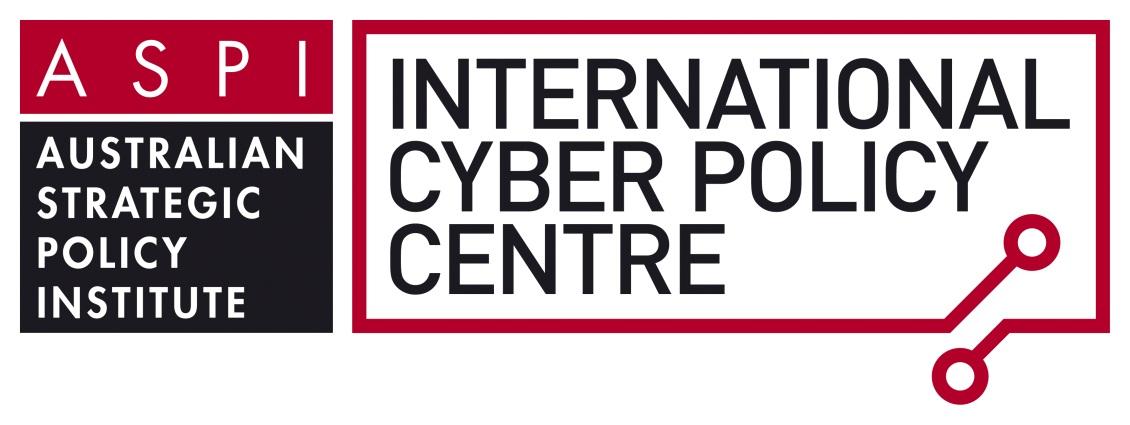
Happy New Year! 2014 started off with a bang in the cyber world with FireEye dropping a cool billion+ to scoop up Mandiant. The cyber forensics firm made waves last year after publicising the existence of Chinese PLA Unit 61398 in an investigation carried out for The New York Times. FireEye chairman and chief executive David DeWalt pointed to ‘accelerated business opportunities’ in the wake of NSA surveillance revelations as a prime motivator in this deal that joins two leaders in a more dynamic approach to cyber security.
Starting the new year fresh, President Obama is also poised to accelerate his response to the NSA scandal, with reports suggesting the White House is preparing a package of intelligence reforms to be unveiled before the State of the Union address on 28 January. Although likely lacking the ambition of the December Liberty and Security in a Changing World report released by the President’s own Review Group on Intelligence and Communications Technologies, it’s a solid first step to right the ship after a tumultuous first year of his second term.
Staying in the US, Defense News has found that 45.1% of national security leaders find cyberwarfare to be the greatest threat to the country, a view likely shared by Australia who is looking to piggy back on Britain’s ‘laptop army’ to bolster its own cyber capabilities.
On the other side of the world, India has taken a different tack on surveillance, accelerating the launch of its own Internet surveillance system, Netra. The system will have the ability to scan social media, emails and VoIP traffic such as Skype, for key phrases and terms of interest.
A government official said, ‘[w]hen Netra is operationalized, security agencies will get a big handle on monitoring activities of dubious people and organisations which use internet to carry out their nefarious designs’.
Turning to Syria, pro-Assad supporters are launching increasingly sophisticated online attacks against opposition groups. The report released by Citizen Lab and the Electronic Frontier Foundation explains that these attacks have deviated from what has been traditionally seen from groups such as the Syrian Electronic Army and are growing ‘curiouser and curiouser’. These latest attacks have utilised social engineering strategies on social media and other platforms to introduce remote access tools, key loggers and trojans to target computers.
The inaugural meeting of the US–Russian working group on cyber security was held late last year according to the latest Bilateral Presidential Commission Report. The group is a product of a meeting between Presidents Obama and Putin last June that sought to establish bilateral cyber confidence building measures (CBMs) between the two states. In the inaugural meeting, the group looked at how to best implement the measures agreed to in June, including a ‘cyber hotline’ between the two capitals. The gathering also discusses how to best promote cyber CBMs in regional groupings such as the OSCE and the ASEAN Regional Forum.
Jessica Woodall and Klée Aiken are analysts in ASPI’s International Cyber Policy Centre.